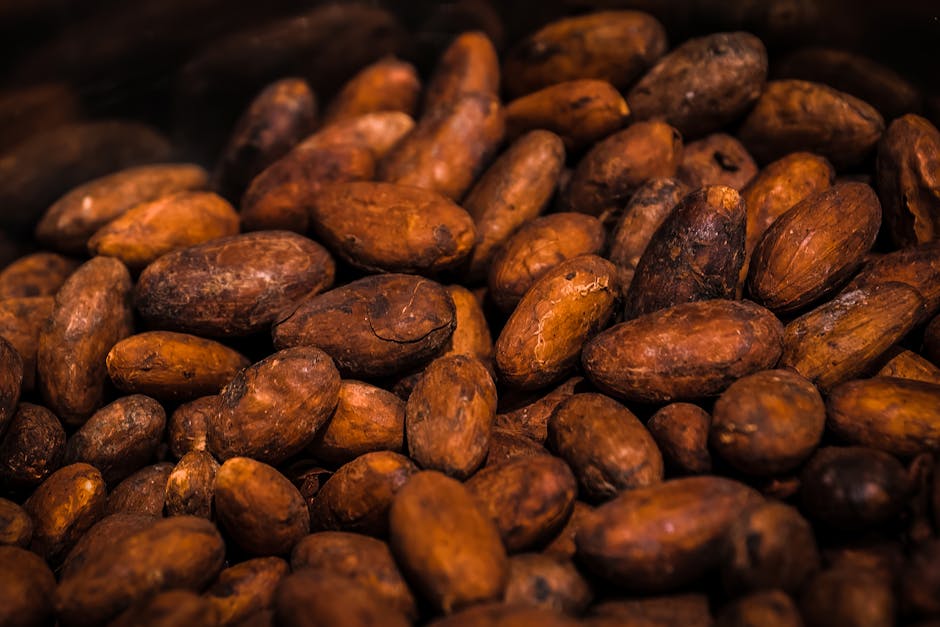Fermented Foods: Health Benefits and More
Did you know that many of the foods we eat today have a surprisingly ancient practice behind them? Fermentation has been around for thousands of years. From yogurt to kimchi, fermented foods are everywhere. But what makes them so special? Lets dive into the health benefits of fermented foods and more!
What Are Fermented Foods?

Fermented foods are products created through the process of fermentation. This process involves bacteria, yeast, or other microorganisms breaking down sugars into acids, gases, or alcohol. The result? A tangy, flavorful food that’s packed with nutrients!
Common examples of fermented foods include:
- Yogurt
- Kefir
- Kimchi
- Sauerkraut
- Kombucha
Next, lets explore why these foods are so good for our health.
What Are the Health Benefits of Fermented Foods?

Fermented foods offer a range of health benefits. Here are some of the most exciting ones:
1. Packed with Probiotics
Fermented foods are rich in probiotics. These are live bacteria that are good for your gut health. Research shows that consuming probiotics can improve digestion and boost overall health.
For example, yogurt contains billions of these friendly bacteria. Eating yogurt regularly can help keep your gut happy and functioning smoothly.
2. Enhance Nutrient Absorption
Fermentation helps break down food components, making nutrients easier for your body to absorb. This means you can get more vitamins and minerals from fermented foods than from their non-fermented counterparts.
3. Boost Immunity
Your gut health plays a big role in your immune system. A healthy gut can help you fight off illnesses. Fermented foods can support a diverse gut microbiome, leading to better immunity.
In fact, a study published in the journal Frontiers in Immunology found that probiotics can enhance immune responses. This means adding fermented foods to your diet could help you stay healthier.
4. Improve Mental Health
Believe it or not, your gut health can affect your brain health. This connection is sometimes called the “gut-brain axis.” Research suggests that probiotics can influence mood and anxiety levels. So, eating fermented foods might even help you feel happier!
A 2016 study found that participants who consumed probiotics reported reduced symptoms of anxiety and depression. That’s powerful!
How Can You Add Fermented Foods to Your Diet?

Incorporating fermented foods into your meals is easy and delicious. Here are some simple ways to get started:
- Add yogurt to your morning smoothie or oatmeal.
- Top salads with sauerkraut for a tangy twist.
- Try kimchi as a side dish with rice or noodles.
- Sip on kombucha instead of soda for a fizzy treat.
Experiment with different fermented foods to see what you enjoy the most. You might find a new favorite!
Are There Any Risks to Eating Fermented Foods?

While fermented foods are generally safe, there are a few things to keep in mind. Some people may experience digestive issues when they first start eating these foods. If you’re new to probiotics, it’s best to start with small amounts.
Additionally, some fermented foods can be high in sodium. For example, store-bought kimchi and sauerkraut often contain added salt. If you’re watching your salt intake, look for low-sodium options.
Can Everyone Eat Fermented Foods?
Most people can enjoy fermented foods without any issues. However, if you have specific health conditions or dietary restrictions, you should consult with a healthcare provider.
People with weakened immune systems or those who are pregnant should also be cautious. It’s always best to check with a doctor or nutritionist if you’re unsure.
What Are Some Popular Fermented Foods Around the World?
Fermented foods vary widely across cultures. Here are a few beloved examples:
- Miso: A Japanese paste made from fermented soybeans, often used in soups.
- Tempeh: A fermented soybean product from Indonesia, rich in protein.
- Natto: Another Japanese dish, made from fermented soybeans, known for it’s strong flavor and sticky texture.
- Fermented Fish: Popular in Scandinavian countries, these fish are preserved through fermentation.
Each of these foods brings unique flavors and health benefits. Exploring global fermented foods can add variety to your diet!
How Can You Make Your Own Fermented Foods at Home?
Making fermented foods at home can be fun and rewarding. Here are a couple of easy recipes to try:
Homemade Yogurt
Making yogurt at home is simple:
- Heat milk to just below boiling.
- Let it cool down and stir in a few tablespoons of plain yogurt as a starter.
- Cover and keep it warm for 6-12 hours.
- Refrigerate and enjoy!
Easy Sauerkraut
To make sauerkraut, follow these steps:
- Shred cabbage and mix with salt.
- Pack it tightly into a jar, leaving some space at the top.
- Cover the jar and let it ferment for 1-4 weeks at room temperature.
These recipes can help you enjoy the benefits of fermented foods right in your kitchen!
What Do Experts Say About Fermented Foods?
Experts generally agree on the benefits of fermented foods. Nutritionist Dr. Mark Hyman states, Fermented foods are one of the best ways to boost your health and your gut.
With so many health benefits, it’s no wonder fermented foods have been a staple in diets worldwide for centuries!
Final Thoughts: Why Should You Embrace Fermented Foods?
Incorporating fermented foods into your diet can have a positive impact on your health. They support digestion, boost immunity, and may even improve mental health. Start small and experiment with different options to find what you love.
Remember, variety is key. Enjoying a mix of fermented foods can give you a range of probiotics and nutrients. So go aheadadd some fermented goodness to your plate!
For further reading on this topic, check out this article from Healthline on fermented foods and their benefits.



